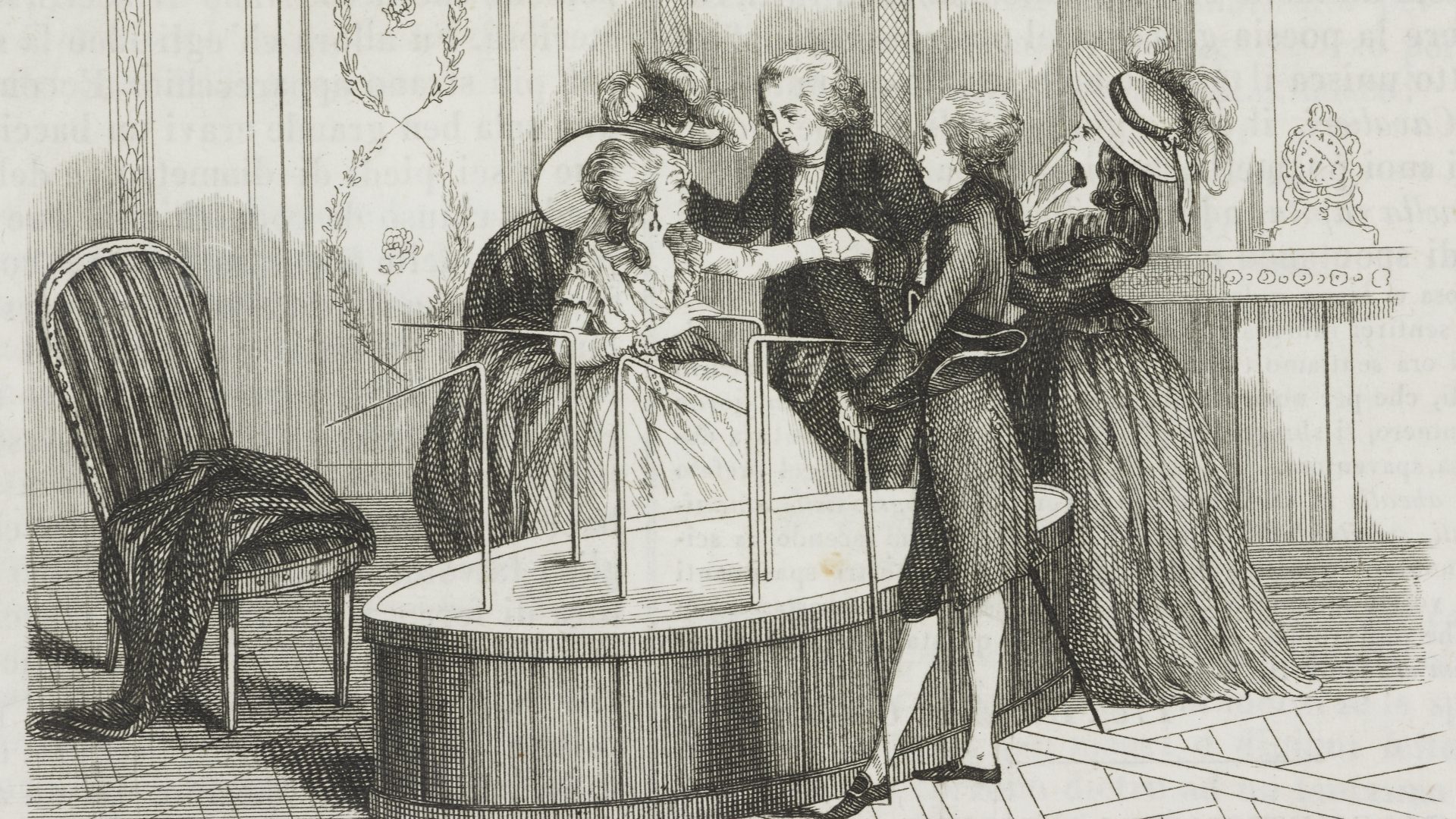During the 1600s, English gradually began its journey towards becoming
established as the dominant language in several parts of the world, such as the Americas, which were very remote from the island where it had first come into being.
Back in Britain itself and on its associated islands, on the other hand, there were still several regions where English was not spoken.
All of Wales was Welsh-speaking. The Highlands and Hebridean islands of Scotland were entirely Gaelic-speaking, and so was the Isle of Man, and Cornwall retained Cornish. People living on the Orkneys and Shetland spoke the Scandinavian language Norn, and the Channel Islands continued to use Anglo-Norman French.
Remarkably enough, though, there were also a number of areas of England
itself, in addition to Cornwall, from which English was still absent.
At the time when the Domesday Book was compiled, in 1085 and 1086, a large part of the English county of Herefordshire was fully Welsh-speaking, to the extent that it had been necessary for the Domesday commissioners to employ interpreters in order to carry out their work.
And the residents of the county on the west bank of the Afon Gwy (the River Wye), in the area known as Ergyng (or Archenfield in English), still spoke Welsh in 1600, and the whole region stayed predominantly Welsh-speaking until the middle of the 18th century.
Even today, the map of Herefordshire reveals that the area has held on to a
number of place-names that are obviously not English.
The settlements of Pontrilas and Llangarron are both in England, but their names have no corresponding English-language versions: pont is the Welsh word for “bridge”, and llan is the Welsh word for “church” or “parish”.
Knowledge of the history of this area is important for achieving an understanding of how such a linguistic situation arose.
The Battle of Orewin Bridge, which took place near Builth Wells in mid-Wales, was fought in 1282. After three large English armies led by Edmund Mortimer had invaded Wales, Llywelyn ap Gruffudd, the Prince of Wales, led his forces towards Builth to defend the centre of the country.
He was defeated and killed by the English, and around 2,000 Welshmen were reported to have been slaughtered.
This battle marked the beginning of the end of Wales as an independent nation, and all of Wales had fallen under English military and political control by 1283. It became, in effect, a colony.
The government of King Henry VIII, through the Acts of Union of 1536 and
1542, then in effect incorporated Wales into England, and definitively established the location of the Wales-England border – without regard for the ethnicity or language of the inhabitants.
This sealed the status of a number of Welsh-speaking regions as officially being part of England. In addition to the Archenfield area of Herefordshire, Shropshire also contained a number of Welsh-speaking regions, notably around Croesoswallt (English Oswestry) and Colunwy (the Clun Forest).
During the 20th century there were still many English families of longstanding residency in the Oswestry area who remained Welsh-speaking.
Even today, Welsh has a significant presence among local people in and around the town – in its signage and its cultural, sporting and religious activities. It still has Welsh-speaking school pupils and, significantly, a
Welsh-language bookshop.
DOOM
“Domesday Book” was the nickname for the ‘written record of England’ commissioned in 1086 by William I to assess the state of England’s economy and provide a basis for taxation. “Dome” was the medieval spelling of doom ‘judgement’. Rome was also often spelt “Room(e)” and was pronounced to rhyme with doom into the 20th century.




